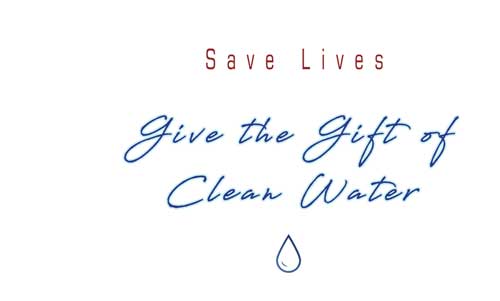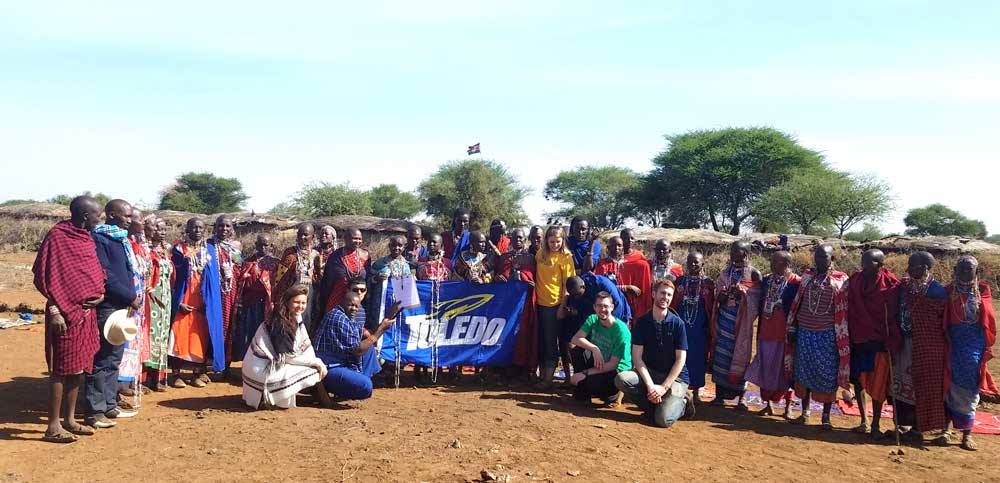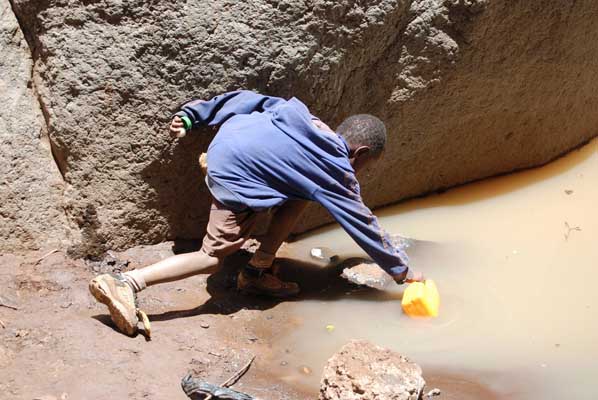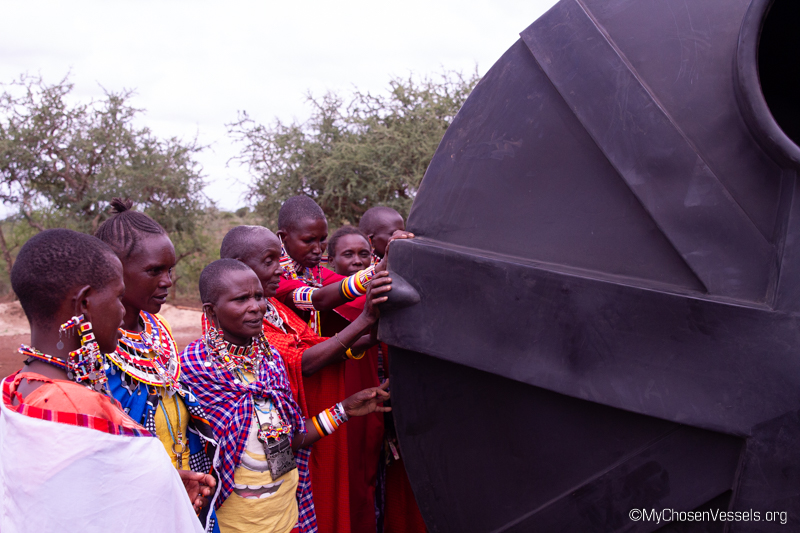
Water Crisis in Amboseli, Kenya
The Maasai in Amboseli, Kenya are facing severe challenges due to lack of clean water. MCV has received reports of Maasai children dying due to water-borne diseases in this area. Due to climate change and other factors, the droughts are increasing and it is severely affecting the Maasai community, and the shortage of water is causing many health problems and even deaths.
With the spread of the Coronavirus since the beginning of 2020, our world is facing unforeseen events currently and we have had to come together like never before for combatting this pandemic. Access to safe water for clean and efficient sanitization is critical. The Masaai people are facing water scarcity as they barely have enough water for drinking purposes. The need for clear water is increasing during these difficult times. Clean water is needed to maintain the hygiene standards of the community and keep them safe from contracting the virus. All of us do understand how we need water for trivial but crucial things like washing our hands, to follow basic guidelines issued by the WHO. The Masaai people need urgent access to clean water, given the circumstances.
Irkaswaa Village
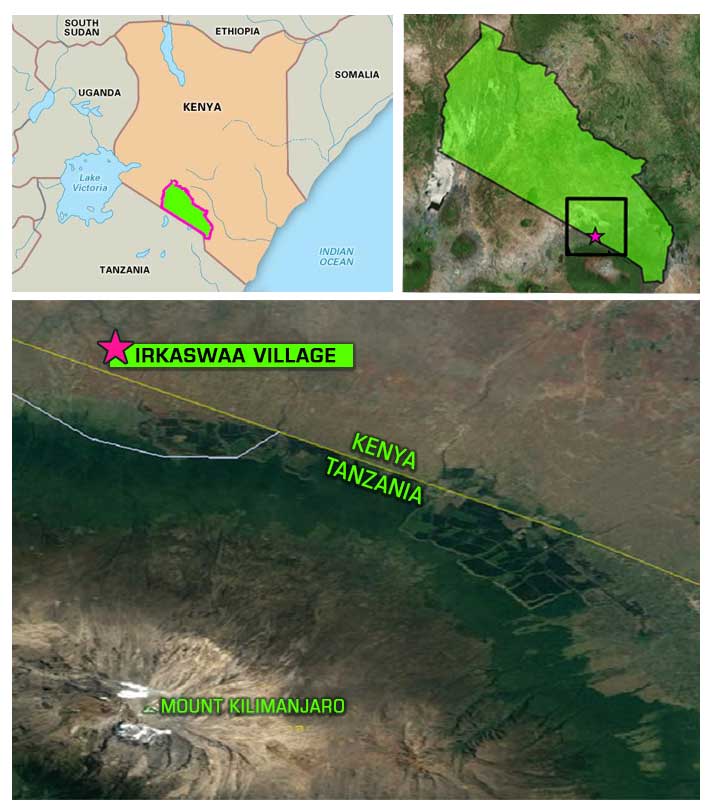
Irkaswaa village is a traditional Maasai community located in the southern portion of Kenya, just 6 miles from the border of Tanzania at the foothills of Mount Kilimanjaro. Collecting water is a females role, many women are suffering from severe spinal pain and headaches from carrying water long distances. Before MCV adopted this village to complete a borewell. Women often walked 15 kilometers a day to a water source which was contaminated. The community experienced a high rate of fatal waterborne illness. MCV and our partners' Engineers Without Borders worked with the leaders of the community to develop a sustainable solution to the problem.
Phase One:
Borewell Completed Successfully
The first stage of this project was implemented in March of 2018. We completed a borehole located centrally in Irkaswaa, near an elementary school. A diesel generator was installed to power the pump. Piping and tap stands were installed so that the community has easy central access to the water. Our budget did not allow for us to build a permanent tank at the time of implementation, so a temporary plastic water storage tank was placed with the intention of replacing it with a permanent tank during the next phase.
Phase Two:
Installing 50,000 Gallon Concrete Water Storage Tank
We are currently planning and fundraising for the second stage of the project, which will be the construction of the permanent water storage tank. The final stage of the project will be to install a distribution system in Irkaswaa to pipe water to three additional points in the community. This will further limit the distance women have to travel to collect water. Additional distribution points will include tap stands for human consumption of water and animal troughs so that the community can water their livestock.
Location :
Country: Kenya
Region within Country: Kaijado South District
Municipality: Loitokitok
Community: Irkaswaa Village
Number of people who will benefit :
Number of People Directly Affected:
Approximately 3,000 people
Number of People Indirectly Affected:
Approximately 1,000 people
Number of Livestock that will benefit :
Number of Cattle:
Approximately 3,000
Number of Sheep & Goats:
Approximately 7,000
Our Solution
With your continued support, we will construct a 50,000-gallon storage tank and pipe water to the neediest population. We will install 3 water distribution centers throughout the village of Irsawwaa to reduce the walking distance to obtain clean water. This project will be completed in phases, as soon as funds are available.
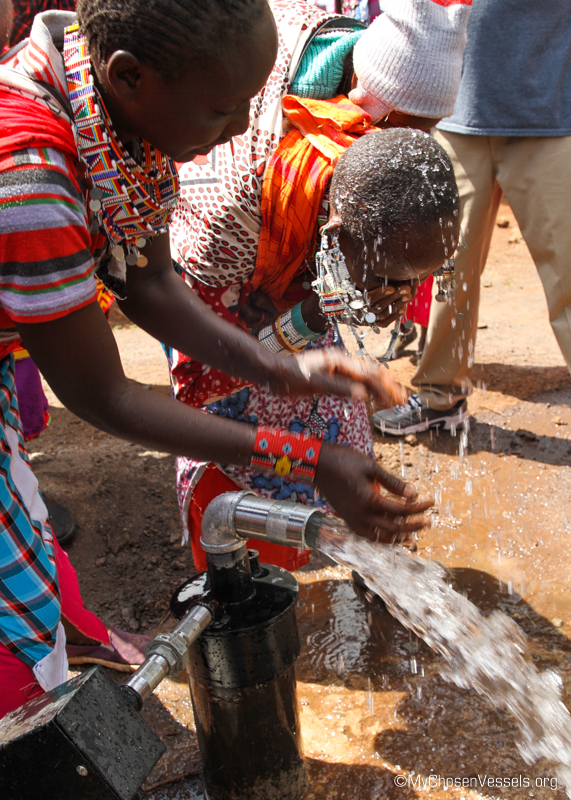
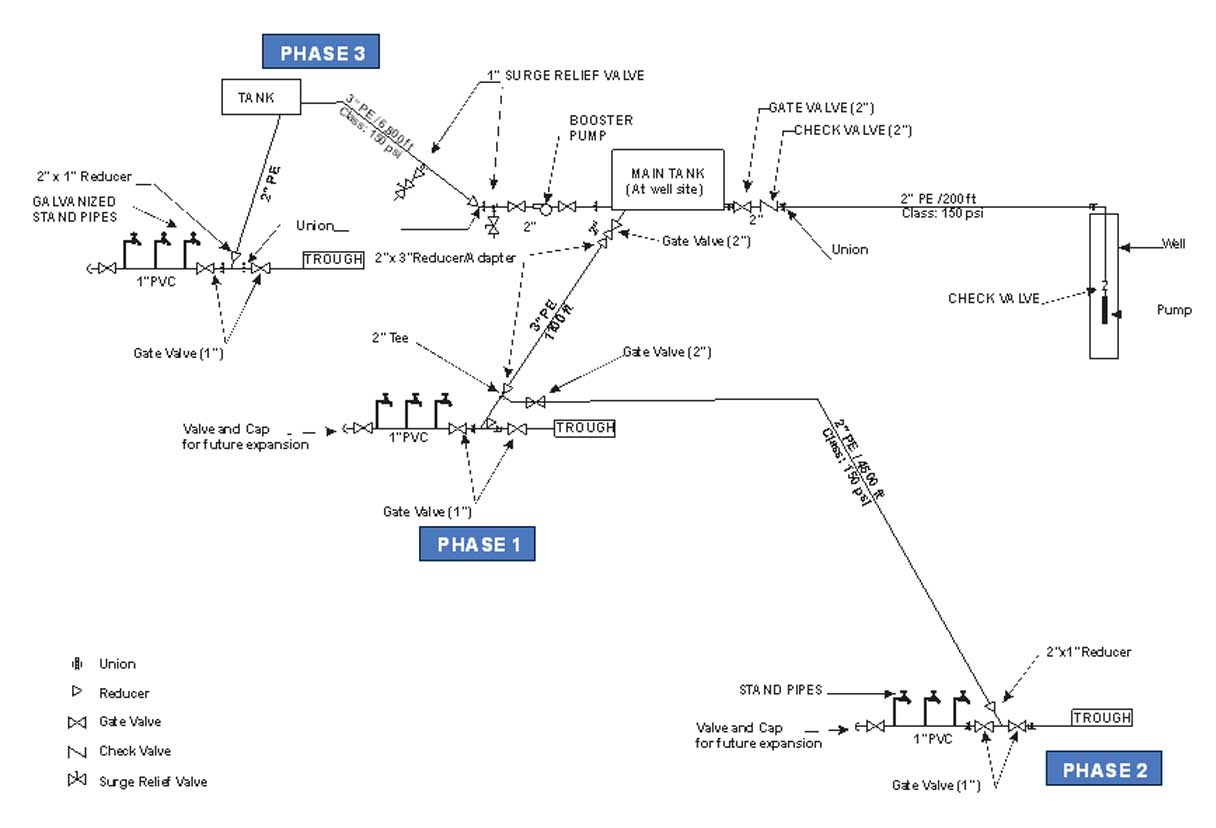
Our goal is to provide 60 gallons of water per minute to serve 3000+ people
Water Program Impact
The completion of this water program will highly benefit the community because access to clean water will improve the overall health of the community, eliminating diseases and deaths related to water. Everyone in the community will benefit from access to clean water, including mothers and children. With access to clean water, the women will not have to walk and carry water long distances. Mothers can engage in economic activities and increase income to care for their families. More girls will go to school to receive an education, rather than staying home to help their mothers carry water, eliminating the cycle of poverty and inequality for girls.
Project Cost
Phase 1: Borewell Completed In March 2018
Phase 2: 50,000 Gallon Water Tank: Funded
Phase 3: Water Distribution Point 1: $28,000
Phase 4: Water Distribution Point 2: $33,000
Phase 5: Water Distribution Point 3: $55,000
Phase 6: Sanitation Training & Maintenance: $5,000
